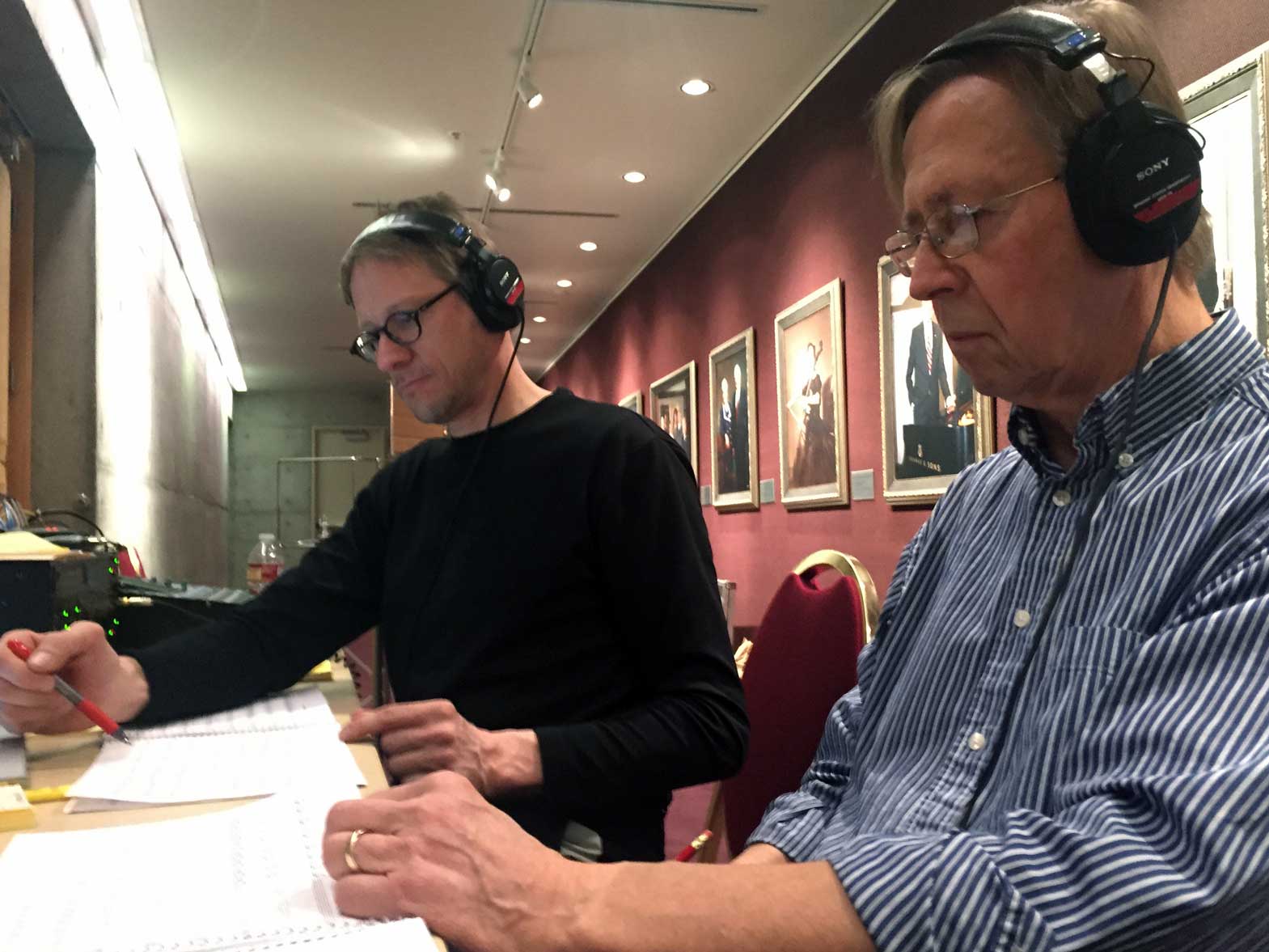Dr. Kimberly Wester’s doctoral dissertation on David’s Eternal Garden focuses on the expressive interpretation of the work, providing performance considerations and an overview of research on music and emotion. Biographical information on David is also included with information on his creative process, as well as discussions with the commissioner of the work, Dr. Peggy Dees-Moseley.
Expressive Interpretation in David Maslanka’s “Eternal Garden: Four Songs for Clarinet and Piano”
PDF, 25.7MB
Abstract:
The purpose of this study is to provide an expressive interpretation of David Maslanka’s Eternal Garden: Four Songs for Clarinet and Piano. Similar to past research on composers and the clarinetists they composed for, this study will provide a valuable primary source of the composer’s inspiration, creative process, philosophy of expression and the clarinetist who commissioned the work. This examination will explore interpretation and an emotional relationship to the music, which was prompted by Maslanka’s recommendation to acquire “a profound grasp, whether you have words for it or not, the reason for being of the piece.” The first objective of this study is to develop an expressive interpretation of Eternal Garden from the clarinetist’s perspective. The second objective was prompted by the deeply powerful responses that the author has experienced when performing and listening to Maslanka’s compositions. Expressive characteristics in the author’s interpretation that evoke powerful feelings and allow for such an experience to occur will also be explored.
The first chapter will focus on Maslanka’s musical training, development as a composer, and a section devoted to his expressive philosophy and creative process. The second chapter will review theories and philosophies of musical expression and meaning, followed by a brief survey of music and emotion research. This chapter is included to explore the philosophical and psychological perspectives of musical expression and meaning in order to provide a contextual framework for interpretation of expression in the last chapter. The author has chosen to approach the study of expression through a broad survey because the musical experience is multidimensional and compels this type of methodology. The final chapter will begin with a section devoted to Dr. Peggy Dees-Moseley the clarinetist who commissioned Eternal Garden and Desert Roads, discuss the commissioning process, and Maslanka’s inspiration for the piece. Then an expressive interpretation of Eternal Garden will be provided based on the author’s performance of the piece and the suggestion by Maslanka of “opening your mind fully to the music.” Performance suggestions will also be included to guide an expressive performance of the composition.



